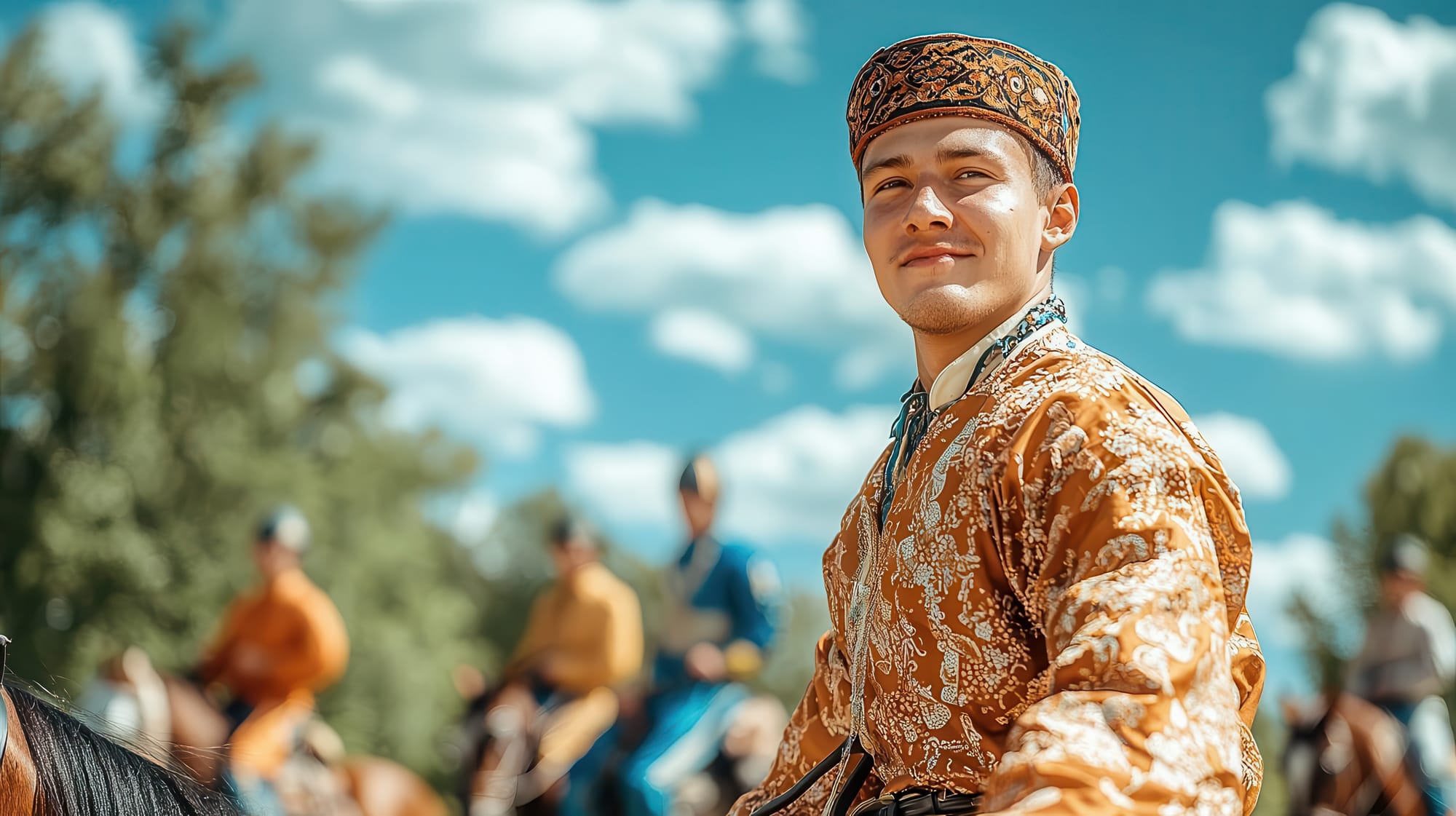100 Heroes: Nikolai Gogol
The gay man who became a giant of Russian literature.

Nikolai Vasilievich Gogol was a Russian dramatist of Ukrainian origin.
His early works, such as Evenings on a Farm Near Dikanka, were influenced by his Ukrainian upbringing, Ukrainian culture and folklore. His later writing satirised political corruption in the Russian Empire.
His best-known works include the novel Taras Bulba, and the short stories Diary of a Madman, The Tale of How Ivan Ivanovich Quarreled with Ivan Nikiforovich, The Portrait, and The Carriage.
Early life
Born in 1809, Gogol was born in the Ukrainian Cossack town of Sorochyntsi, then part of the Russian Empire.
From a young age, Gogol wrote poetry in Ukrainian and Russian. As a child, Gogol helped stage Ukrainian-language plays in his uncle's home theatre.
In 1828, on leaving school, Gogol moved to Saint Petersburg, to pursue his passion for writing.
Career
In 1831 Gogol brought out the first volume of his Ukrainian stories - Evenings on a Farm Near Dikanka - which met with immediate success. He followed it in 1832 with a second volume, and in 1835 by two volumes of stories entitled Mirgorod, as well as by two volumes of miscellaneous prose entitled Arabesques.
Gogol developed a passion for Ukrainian history - this shaped his novel, Taras Bulba, which was based on the history of Ukrainian cossacks.
His work helped to articulate a Ukrainian identity and national character that was distinct from Russia.
Rome
From 1836 to 1848 Gogol lived abroad, travelling through France, Germany, and Switzerland. He eventually settled in Rome.
For much of the twelve years from 1836 Gogol was in Italy developing an adoration for Rome. He studied art, read Italian literature and developed a passion for opera.
Sexuality
There is some debate about Gogol's sexuality.
He lived in a place and time where it was illegal to be gay, so he had to suppress that aspect of himself.
However, biographers have generally concluded that Gogol was having sex with men.
Death
In 1848, Gogol returned to Russia where he died in 1852.
